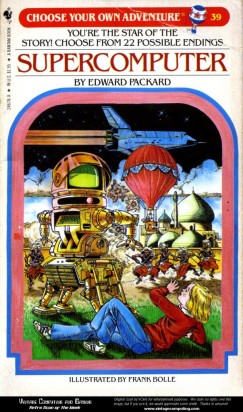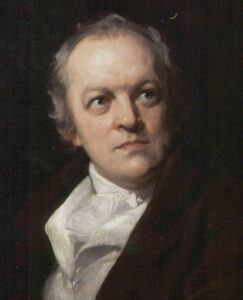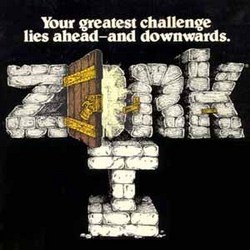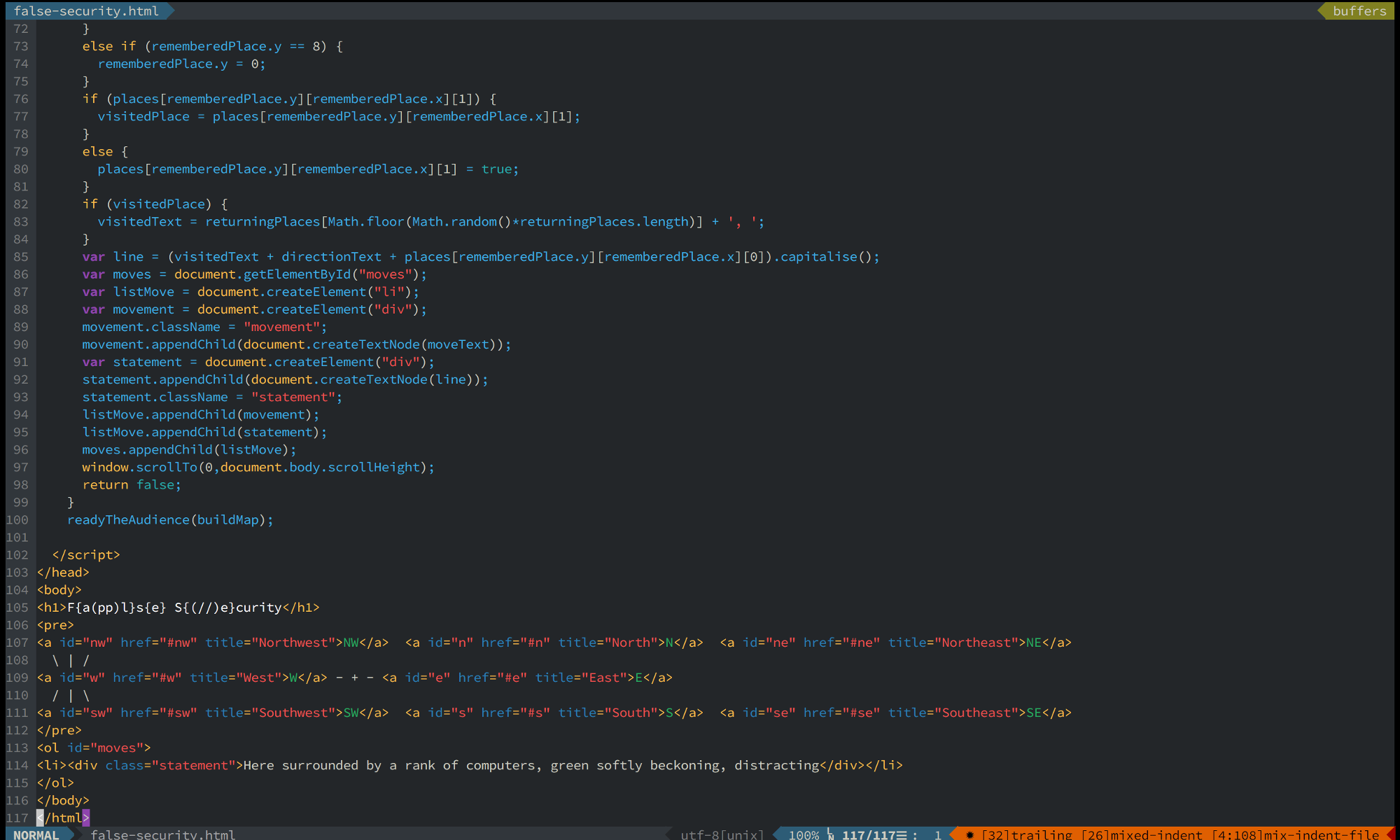In an essay on Cordite poetry review – ‘Picture becomes text, becomes writing: software as interlocutor’ – Christopher Funkhouser and Sonny Rae Tempest transform an image into text, encode it and then translate the outcome to produce the poem ‘Exit Ducky?’
Continue reading “Reused, rewritten”
Interactivity is not a dirty word
 Reading is often claimed as the first victim of technology. Various contemporary causes are said to be at fault: screens are too bright to read on, ebook readers don’t smell or feel like books and social media is ever- present, threatening to disrupt our reading online. But this claim implies a reading experience that cannot be interrupted – a solitary aesthetic experience. Reading is an experience you can have even when surrounded by others, but the act is thought to have only ever occurred between you and the text.
Reading is often claimed as the first victim of technology. Various contemporary causes are said to be at fault: screens are too bright to read on, ebook readers don’t smell or feel like books and social media is ever- present, threatening to disrupt our reading online. But this claim implies a reading experience that cannot be interrupted – a solitary aesthetic experience. Reading is an experience you can have even when surrounded by others, but the act is thought to have only ever occurred between you and the text.
Continue reading “Interactivity is not a dirty word”
If William Blake were going to make a poetry ebook
 Someone once told me that the direction that written languages follow – left to right, right to left, top to bottom – was due to the tools that influenced their development. I remember the anecdote more than the teller, but, basically, Hebrew is right to left because right-handed people hold the chisel in their left hand and hammer in their right. By contrast, East Asian scripts evolved from the way a brush is held between the fingers in the right hand, and European scripts relied on tools that encouraged right to left. It’s a simple technological determinist reason – but is it true? Continue reading “If William Blake were going to make a poetry ebook”
Someone once told me that the direction that written languages follow – left to right, right to left, top to bottom – was due to the tools that influenced their development. I remember the anecdote more than the teller, but, basically, Hebrew is right to left because right-handed people hold the chisel in their left hand and hammer in their right. By contrast, East Asian scripts evolved from the way a brush is held between the fingers in the right hand, and European scripts relied on tools that encouraged right to left. It’s a simple technological determinist reason – but is it true? Continue reading “If William Blake were going to make a poetry ebook”
The literary equivalent of your underwear drawer
Can a piece of writing suffer from too much feedback?
Writing, it has often been said, is a conversation, so critiques are essential to the process. This is both the lore and the law of writing. But whose notes should we take note of?
Continue reading “The literary equivalent of your underwear drawer”
Digital – you keep using that word!
This is how I feel every time I say the word ‘digital’. Given I’ve been saying it for a long time now, it’s starting to become a problem.
Continue reading “Digital – you keep using that word!”
I was a teenage zombie
 As a child of the ’80s my interests coincided with the high points of the decade’s nerdiness: Dungeons & Dragons, Choose Your Own Adventures and text adventure games. In text adventure games, most famously Zork, the player would interact with the game by typing out commands like ‘north’ (or just ‘n’) to go north, ‘examine’ objects, ‘look’ to view their environment, ‘give’ and sometimes ‘kill’. Sometimes this led to disagreements with the computer where rather than comply it would return with ‘I don’t know that word’ or ‘Too many noun clauses’.
As a child of the ’80s my interests coincided with the high points of the decade’s nerdiness: Dungeons & Dragons, Choose Your Own Adventures and text adventure games. In text adventure games, most famously Zork, the player would interact with the game by typing out commands like ‘north’ (or just ‘n’) to go north, ‘examine’ objects, ‘look’ to view their environment, ‘give’ and sometimes ‘kill’. Sometimes this led to disagreements with the computer where rather than comply it would return with ‘I don’t know that word’ or ‘Too many noun clauses’.
Continue reading “I was a teenage zombie”
Truth and multiple narratives
I’ve hardly ever seen a film that has complete balance within it. There are exceptions like Rashomon by Kurosawa.
Werner Herzog
Nonfiction and the programmatic
I’ve been asking myself what programmatic (or programmed) texts add to nonfiction (aside from educational games). In drafting up the possibilities with programmatic texts they seem to me to be (or at least start with):
- manipulation of source nonfictional texts
- generation of nonfictional texts
- interrogation of nonfictional texts
- additional meaning through kinetic aspects of the text (textual behaviour)
- interaction with the text
